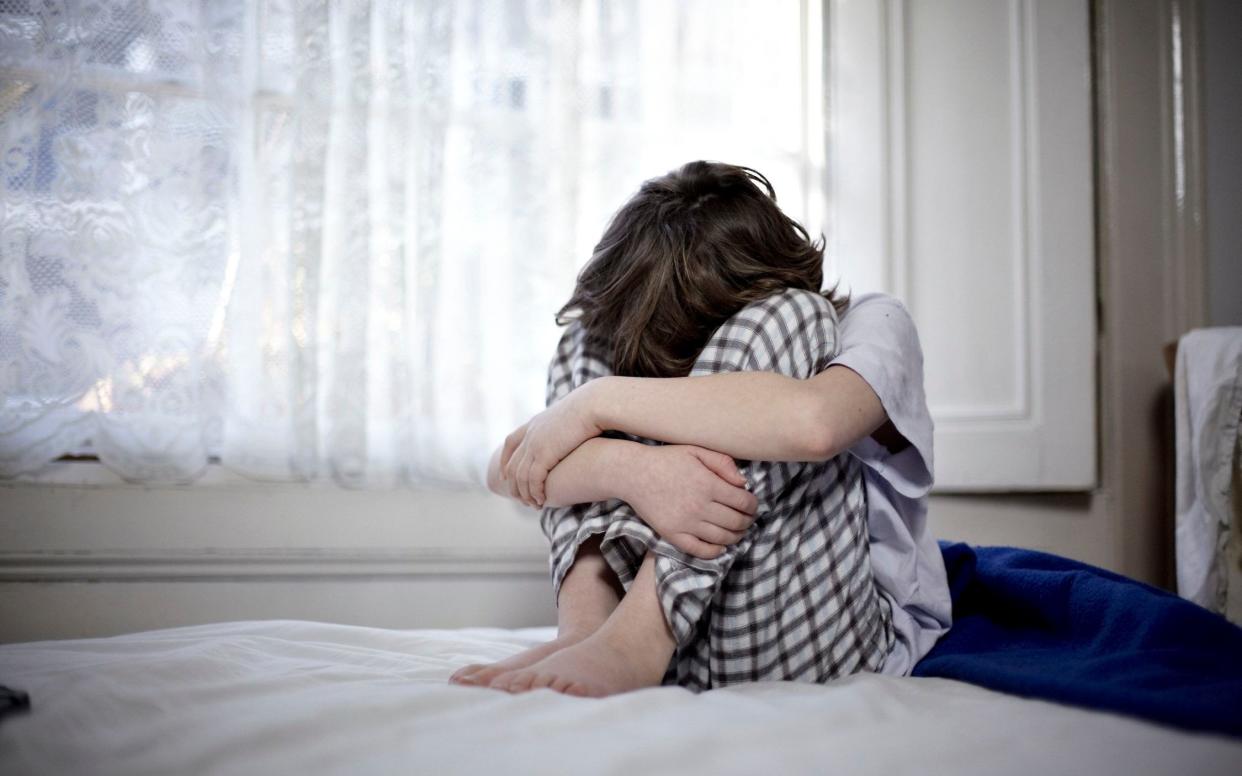Schools should update behaviour policies to include Covid-related offences such as 'purposefully coughing on someone'

Schools should update behaviour policies to include Covid-related offences such as "purposefully coughing on someone", new Government guidance says.
Headteachers must announce the new sanctions to pupils when they return to school in September, according to a document published on Thursday by the Department for Education (DfE).
“Make explicit what behaviours are now considered more serious due to the coronavirus outbreak, for example purposefully coughing on someone, including any escalation points in how they will be dealt with,” the guidance says. Schools need to “be clear that attendance will be mandatory from the start of the new school year”.
Heads are advised to add a new section on their website setting out the behaviour and attendance expectations, as well as send out newsletters to parents.
Many pupils are likely to need some social and emotional support on their return to school, the guidance says.
“Some pupils will need extra support, such as those who have previously had poor attendance or fixed term exclusions as well as those new to the school, with special educational needs and disabilities or who have not engaged with school during the coronavirus outbreak.”
Pupils will face sweeping changes to the curriculum, break times and classrooms when they return in September.
Ministers have previously said that schools must ensure that any gaps in children's "core knowledge" are filled, and this could mean making "substantial modifications" to the curriculum at the beginning of the academic year.
Social distancing will not be applied in schools at all times, and pupils will instead be grouped into "bubbles" to limit the risk of transmission between class or year groups.
The "bubbles" will either be a class or an entire year group who have their lessons, breaks and lunchtime together. In primary school, class "bubbles" will be the norm, whereas in secondary school "bubbles" will be expanded to include entire year groups.
This approach means that, if a pupil tests positive for coronavirus, it is easier for a school to identify which of their classmates also need to self-isolate.


